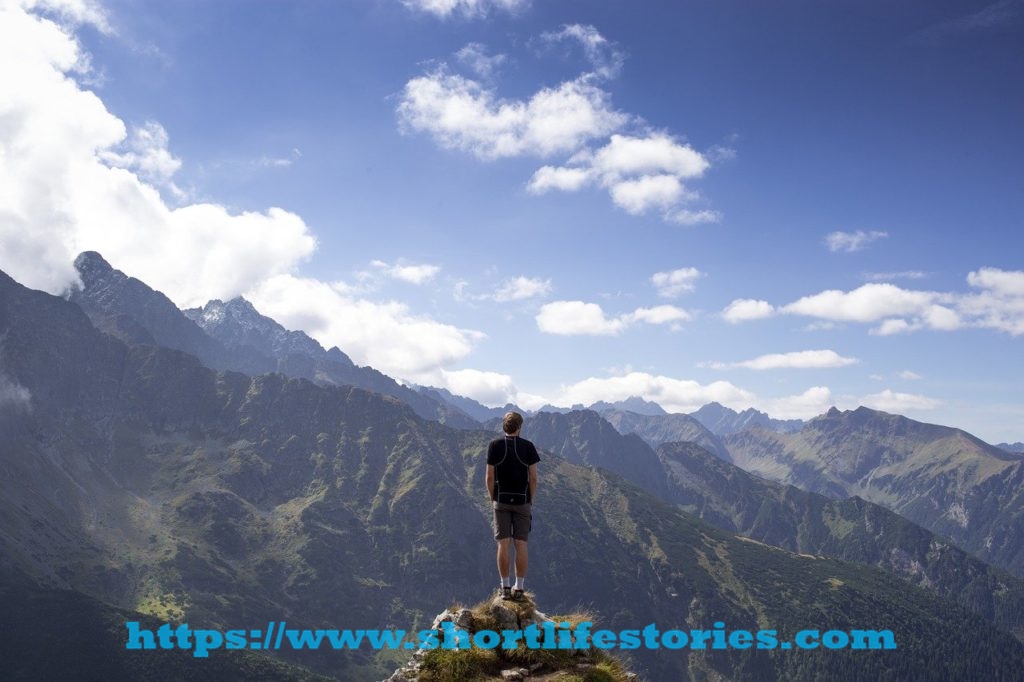Over the years, and especially during the coronavirus pandemic of 2020–19, a lot of writers and artists have taken note of the fact that technology is making relationships obsolete. Rather than spending time with someone through the use of texts, calls, and emails; we spend our time in virtual isolation, disappearing from view while our server farms come to and go.
Stratford and I had a lot of practice at times staying isolated. The rest of the year, however, we didn’t speak unless it was required. Otherwise, it was easy — if not frequently drags — between us. We were both skilled at running through our options, making decisions, and making us consider the consequences of our decisions.
During this time, we didn’t develop a real vision for our relationship. I don’t think I said nor have I felt that we had a “do” or a “whodunnit” — I mean, a shared goal or vision. Often, in these moments, we could identify themes or elements that we wanted to build on, but there was no shared goal. Without one, it was hard to know where to go or how to move forward.
The virus had taught me to be careful what I would say and how I would say it. This time, I didn’t have the same tendency. I don’t know if there was even the slightest, needle-drop moment that would prompt me to begin laying out my ideas for the future’s vision.
That’s why in this moment, in this article, I’d like to ask — from this vantage point — you to try and figure this thing out for me.
Think about the thing you desire most in this life. Compliment it. Tell me who you are and what you want. Then imagine how you would describe that to someone else.
Don’t forget : Be Real
Lay out all your colors. Show all your layers. Tell me what makes you tick. What’s your joy? What’s the scariest thing that’s going to scare you?
Get to the root of who you are. Understand me and understand me again. I want to know why you want to see and be seen.
Go back to that waterfall. Hear those waves. Grab hold of every last strand of hair that’s alive inside of you. Begins with desire and ends with freedom.
There’s a lot to unpack here. So, first, let’s conduct a few simplifying assumptions.
We all know what love is (or wants to be). However, we seldom realize just how much chaos love can cause. Many of us have survived tours of duty in regions where there is no love, no light, and no hope. We’ve survived the end of a friendship. We’ve survived the uncontrollable urge to revenge or the uncontrollable urge to try to be good.
There’s a lot to learn about love from history. But, we rarely utilize history as a source of inspiration. World War I, the most sustained and brutal conflict ever to hold territory, killed over two-thirds of its population. Pretty brutal, but possible the most peaceful.
What caused the next war to break out remains a question. The causes were myriad, but Britain’s preference for wool over silk, and the French obsession with chocolate over tea, caused a spark to fly out of the English mind. Then, of course, there were the causes listed under “How to Survive a Plague”.
With the death toll continuing to rise, the time for peace and the time for love to be had, began to blur. Although the onset of the cold season brought some relief, soon began the appearances of tea wine, rose water, and champagne. Love was no longer the answer…
Then, the black froth hit.
It seemed that the froth was a response to the last two. It was a result of spending time with someone I cared about, but it was also a response to all of the horrible things I had done. I had stopped loving myself, and I had stopped loving anyone else.
I had stopped being a good girl and began to be a bad girl. I began to lie, to steal, to support myself, and to begin cultivating the habits of an self-destructive person. Why? All of those things I had done to people earlier in their friendship led me to believe that I was owed some sort of love or gratitude, and I was wrong. I was just going through a natural growing process.
Before the pandemic, I had the mindset that I would learn to have good relationships by myself. I thought that I had to earn the trust of people I met. I thought that I needed to be recognized for who I was and that I needed to be given permission to be myself.
I was obsessed with my loneliness. I was obsessed with people’s responses. I was obsessed with people being surprised.
